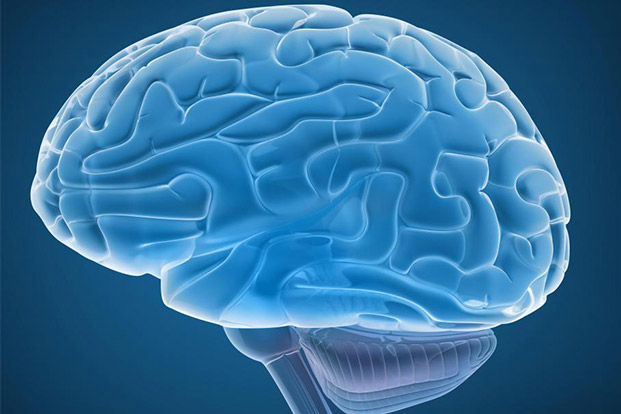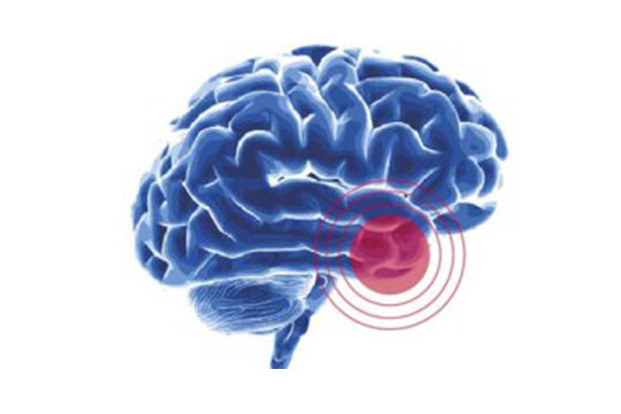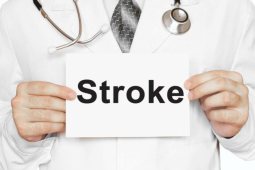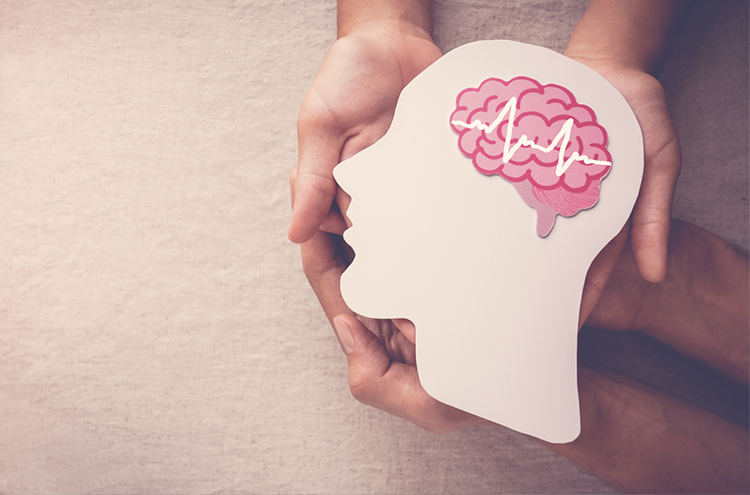Categories
- Bariatric Surgery (11)
- Black Fungus (5)
- Bone Marrow transplant (3)
- Brain Tumor Surgery Navigation Technology (20)
- Cardiac Surgery (66)
- Cardiology (97)
- Computer navigation technology for joint replacements (20)
- Covid Vaccination (17)
- Critical Care (2)
- Dental (19)
- Dermatology (31)
- Dialysis Support Group - “UTSAAH” (11)
- Dietitian (33)
- Emergency Medicine (4)
- Emotional Health (11)
- Endocrinology (33)
- ENT (20)
- Gastroenterology and GI Surgery (53)
- General and Laparoscopic Surgery (21)
- General Surgery (4)
- Gynecology & Obstetrics (183)
- Hematology (20)
- Internal Medicine (294)
- Kidney Transplant (50)
- Kidney Transplantation (20)
- Lung Cancer (8)
- Minimal Invasive Surgery (1)
- Mother & Child (20)
- mucormycosis (5)
- Nephrology (61)
- Neurology (147)
- Neurosurgery (68)
- Nutrition and Dietetics (107)
- Omicron Variant (1)
- Oncology (288)
- Ophthalmology (10)
- Orthopaedics & Joint Replacement (86)
- Paediatrics (59)
- Pediatric Nephrology (3)
- Physiotherapy (5)
- Plastic & Reconstructive Surgery (6)
- Psychiatry and Psychology (90)
- Psychologist (28)
- Pulmonology (72)
- Rheumatology (13)
- Spine Services (21)
- Transradial Angioplasty (16)
- Urology (84)
Query Form
Posted on Apr 19, 2022
A Headache Might be a Sign of Brain Tumor
Headache is an important symptom of brain tumor. In India people usually ignore the same until it starts interfering with their work or daily routine. Instead of resorting to quick self medication with over the counter drugs, it is recommended that if you are having recurrent headaches and fainting spells, you need to see a neurologist immediately.
Are headaches and brain tumors related?
If you experience frequent severe headaches, then there could be a serious underlying complication for the same. Clinical studies highlight that 50% of the patients complain of headache as their primary symptom for the detection of brain tumor, while 60% of the patients develop headaches as their tumor and treatment progresses. However to confirm the fears, imaging, biopsy and surgical resection if needed is essential. Headache alone cannot confirm a brain tumor.

What headache symptoms are different for a brain tumor?
Headaches associated with brain tumors are tension like. Headaches can occur intermittently with a gradual onset and resolution over a few hours. The headache can also be throbbing, resembling common migraine. In some cases they have tend to obstruct the cerebrospinal fluid flow causing headaches. Headache is regarded as a red flag for the detection of brain tumors. These can be any change in the headache pattern, any change in personality or memory patterns, nausea, loss of motor capacity, blurred vision. If any of the same is detected, it’s best to consult a specialist.
How are brain tumors diagnosed?
Usually it is not the headaches that are responsible for the detection of the brain tumor. It takes many months for the tumor to grow and cause such secondary symptoms. They are usually detected through routine checks. The patients usually complain of other associated symptoms such as – visual disturbances, slurry speech, weakness in the body, imbalance in the body, ringing in the ears, dizziness, memory loss, personality changes, seizures. If you have an abnormal neurological exam, then there is reason to worry. Post the same a brain scan – MRI/CT should be done. To confirm the diagnosis a biopsy or surgical resection is carried out, if required.
Post diagnosis you shall be asked to consult the neurosurgeon and an oncologist(if required). The neurologist is frequently involved in management of the patient with brain cancer in terms of monitoring the neurological status and treating complications, such as brain edema, epilepsy, strokes, pain, etc.



